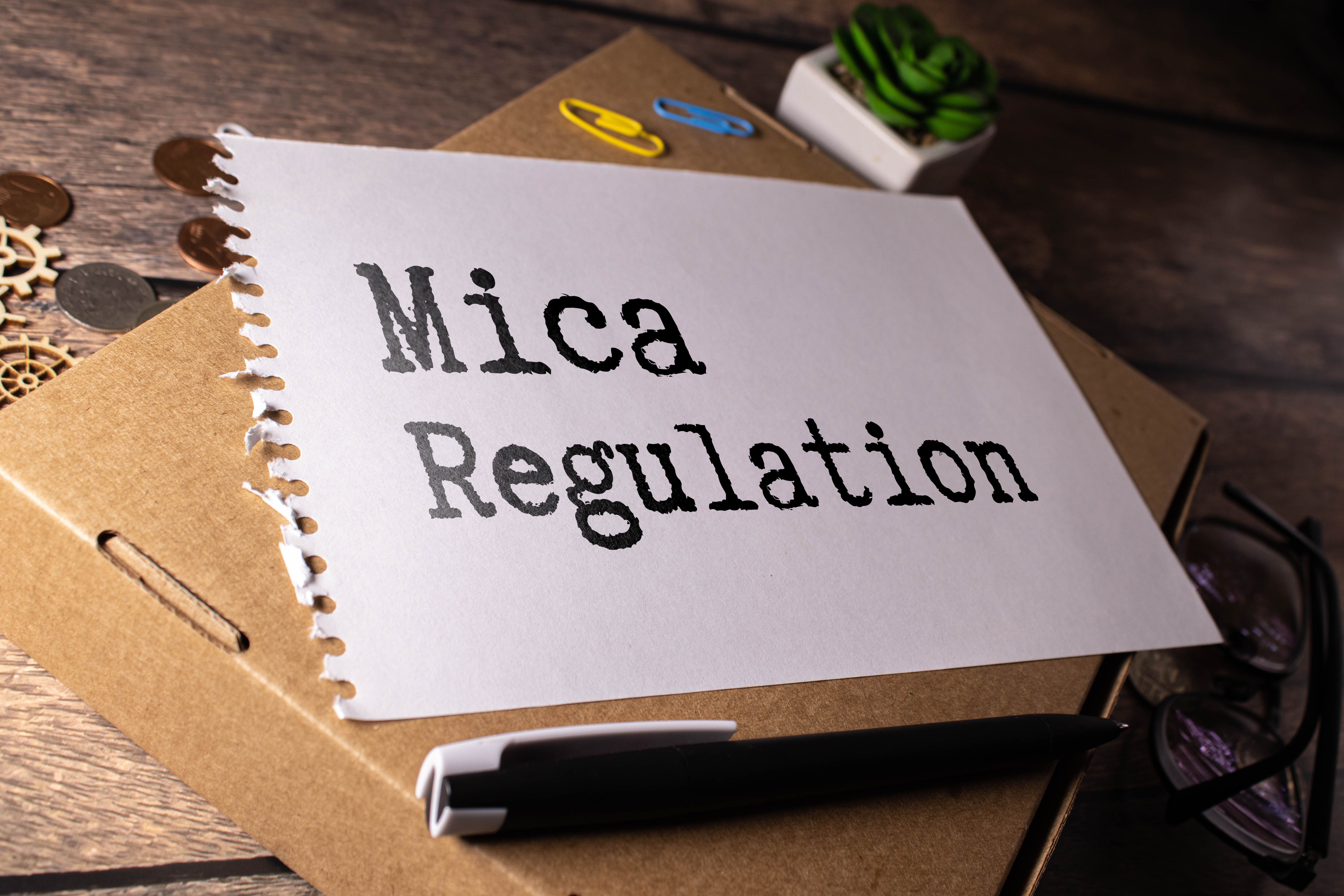EU Member States Start Issuing MiCA Licenses to Crypto Firms
Introduction to MiCA Licenses
The European Union has taken a significant step forward in regulating the cryptocurrency industry by starting to issue MiCA (Markets in Crypto-Assets) licenses. This move is aimed at providing a standardized regulatory framework across all member states, ensuring a safer and more transparent environment for digital assets.
MiCA represents a comprehensive regulatory package that covers a wide range of crypto-related activities, including issuance, trading, and custody of digital assets. The introduction of these licenses is expected to bring much-needed clarity and stability to the rapidly evolving crypto market.

What MiCA Licenses Mean for Crypto Firms
For cryptocurrency firms operating in the EU, obtaining a MiCA license will be crucial. This license will serve as a mark of legitimacy and compliance, enabling companies to operate across all member states without needing multiple approvals. It will also provide businesses with a clear set of rules to follow, reducing the legal uncertainties that have plagued the industry.
Moreover, MiCA licenses are designed to protect consumers by ensuring that firms adhere to stringent operational and financial standards. This includes measures to prevent fraud, money laundering, and market manipulation, which have historically been significant issues in the crypto space.
Impact on Investors and Consumers
The issuance of MiCA licenses is likely to have a positive impact on investors and consumers alike. With enhanced regulatory oversight, investors can be more confident in the legitimacy and security of the crypto firms they choose to engage with. This increased trust could potentially lead to greater investment and adoption of digital assets within the EU.

For consumers, MiCA licenses mean better protection against potential risks associated with crypto investments. By enforcing strict compliance with financial regulations, these licenses aim to safeguard consumer interests and promote transparency in the marketplace.
Challenges and Opportunities
While the introduction of MiCA licenses offers numerous benefits, it also presents challenges for crypto firms. Compliance with the new regulations may require significant adjustments to business models and operational processes. Companies must navigate these changes carefully to avoid potential penalties and ensure continued growth.
On the flip side, the standardization brought about by MiCA licenses opens up new opportunities. Firms can expand their reach across the EU more easily, tapping into a broader customer base and fostering innovation in the space. The clear regulatory framework may also attract new players and investments into the market.

Conclusion
The issuance of MiCA licenses marks a pivotal moment for the cryptocurrency industry within the European Union. By providing a unified regulatory approach, these licenses aim to enhance trust, security, and innovation in the crypto space. As more EU member states begin issuing MiCA licenses, both firms and consumers stand to benefit from a more organized and transparent market environment.
As this regulatory framework continues to unfold, it will be essential for stakeholders in the crypto industry to stay informed and adapt to the evolving landscape. The successful implementation of MiCA could serve as a model for other regions, further legitimizing cryptocurrencies on a global scale.
